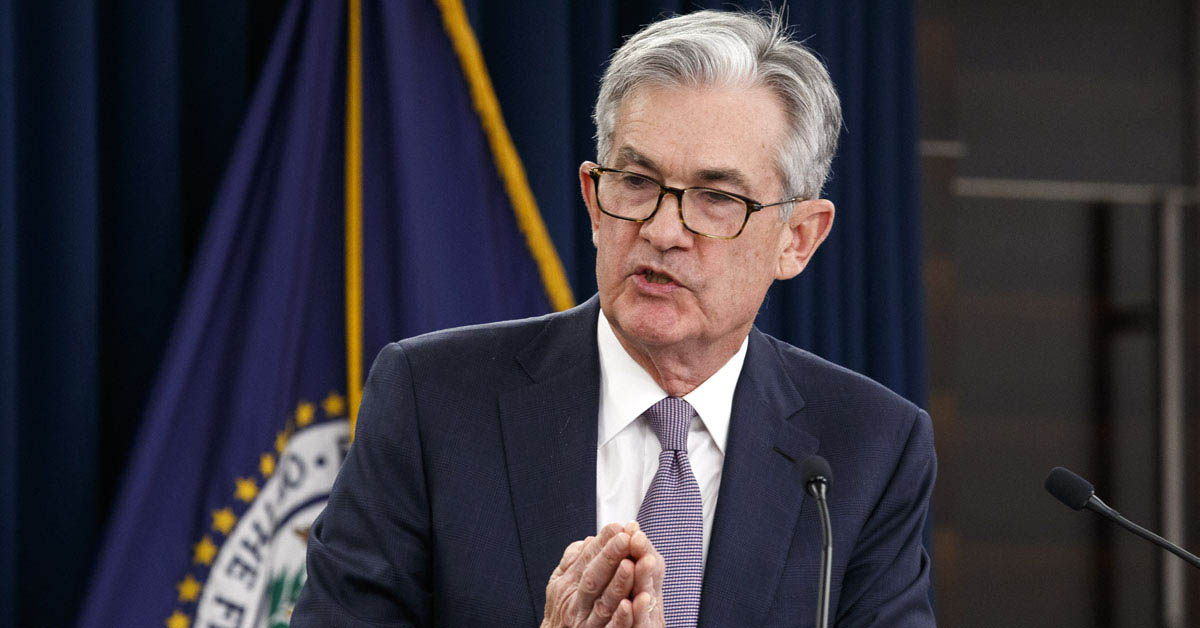If you were hoping for encouraging signals from Jerome Powell, unfortunately, Tuesday wasn’t your day.
The chair of the Federal Reserve testified before Congress on Tuesday that recent moderation of the U.S. economy seems to have “partly reversed,” which could prompt more hawkish policy — including further interest rate hikes — from the central bank.
“The latest economic data have come in stronger than expected, which suggests that the ultimate level of interest rates is likely to be higher than previously anticipated,” Powell told the Senate Committee on Banking, Housing and Urban Affairs. “If the totality of the data were to indicate that faster tightening is warranted, we would be prepared to increase the pace of rate hikes.

“Restoring price stability,” he added, “will likely require that we maintain a restrictive stance of monetary policy for some time.”
Powell acknowledged that the effects of the Fed’s rate adjustments have had an adverse impact on demand in “the most interest-sensitive sectors of the economy,” including real estate. And while Powell said that inflation in housing remains too high, he also observed that the flattening of rents for recently signed leases suggests easing of housing inflation in 2023. Meanwhile, core goods inflation has fallen over the past year as supply chain issues have eased and tighter monetary policy has helped to rein in demand.
Powell noted, however, that “there is little sign of disinflation thus far in the category of core services excluding housing, which accounts for more than half of core consumer expenditures.” And while nominal wage gains are decelerating, they’re still hovering above rates consistent with the Fed’s 2% inflation target.
Powell’s remarks served as a clear indication that while the Federal Reserve has recently pumped the brakes on the largest of its interest rate hikes, it appears to have no qualms considering sharper increases again if it believes that the economy needs further tightening. Furthermore, they signal to observers and stakeholders to expect more rate hikes in the future, even if they remain in the range of 25 basis points.
Powell’s hawkishness led Marty Green, principal at mortgage law firm Polunsky Beitel Green in San Antonio, to quip that “much like Sherman’s March to the Sea, the Federal Reserve march to higher rates is inevitable based on current data.”
“Based on Chairman Powell’s testimony, neither the risk of higher unemployment nor the risk of tipping the economy into a recession will deter the Fed from raising rates sufficiently to get inflation down closer to its target level. If that means quickening the pace of increases once again, the Federal Reserve is prepared to do so,” Green said.
Federal Reserve officials are on tap to meet later this month to formulate new economic projections and determine the size of the next rate increase. A 25-basis-point hike still appears to be the most likely outcome, according to Green, although a 50-basis-point increase doesn’t seem out of the question if data on inflation and labor come in stronger than expected.
Either way, Powell didn’t telegraph a promising outlook for mortgage lending, according to loan officer Dick Lepre of CrossCountry Mortgage.
“For mortgage rates, this likely means that [they] will remain around 7% for a bit,” Lepre said. “None of this is good for the mortgage industry.”
Houtan Hormozian, founder and mortgage advisor at Crestico Funding, and president of the California Association of Mortgage Professionals, lamented that while it’s important to corral inflation, the Fed’s current tactics are hanging the reeling real estate sector out to dry.
“The housing market has become collateral damage,” Hormozian said. “The [negative impact on the] housing market by itself isn’t enough to slow down the inflation that the Federal Reserve is battling. … But ultimately, what we’re doing is just lowering the homeownership opportunities people have available.”





